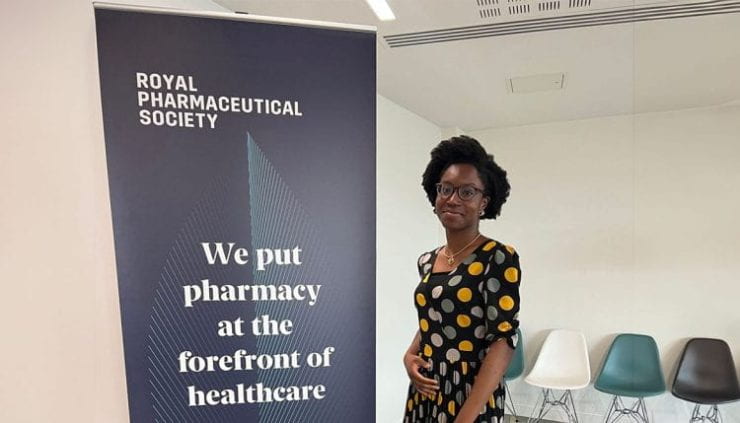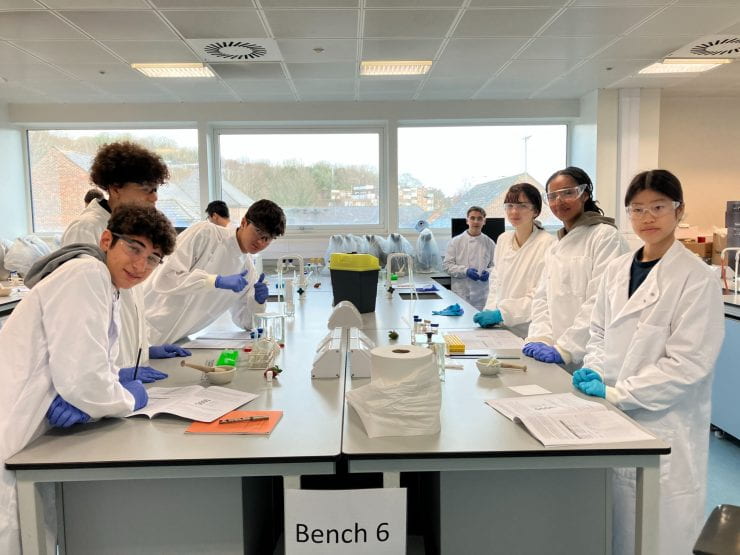Professor Rameen Shakur, a leading expert in genomics and precision health at the University of Brighton, has been named Editor-in-Chief of the newly launched Journal of Precision Health.
Part of the Springer Nature portfolio – a leading scientific publisher – the new Journal of Precision Health is aimed at making the latest medical research accessible to all, helping to improve patient care on a global scale.
Professor Shakur, Professor of Genomics and Precision Cardiovascular Medicine at the University of Brighton and Director of the Brighton Integrative Genomics Unit (BIG), was appointed as Editor in Chief for his significant contributions to cardiovascular precision health and his pioneering work in genomics and integrative medicine.
Continue reading “Precision health expert to lead new global journal “








